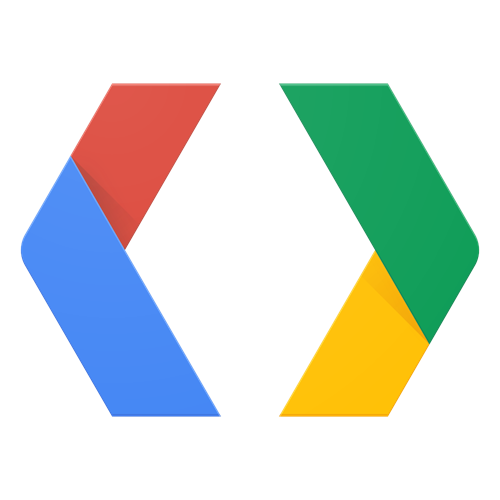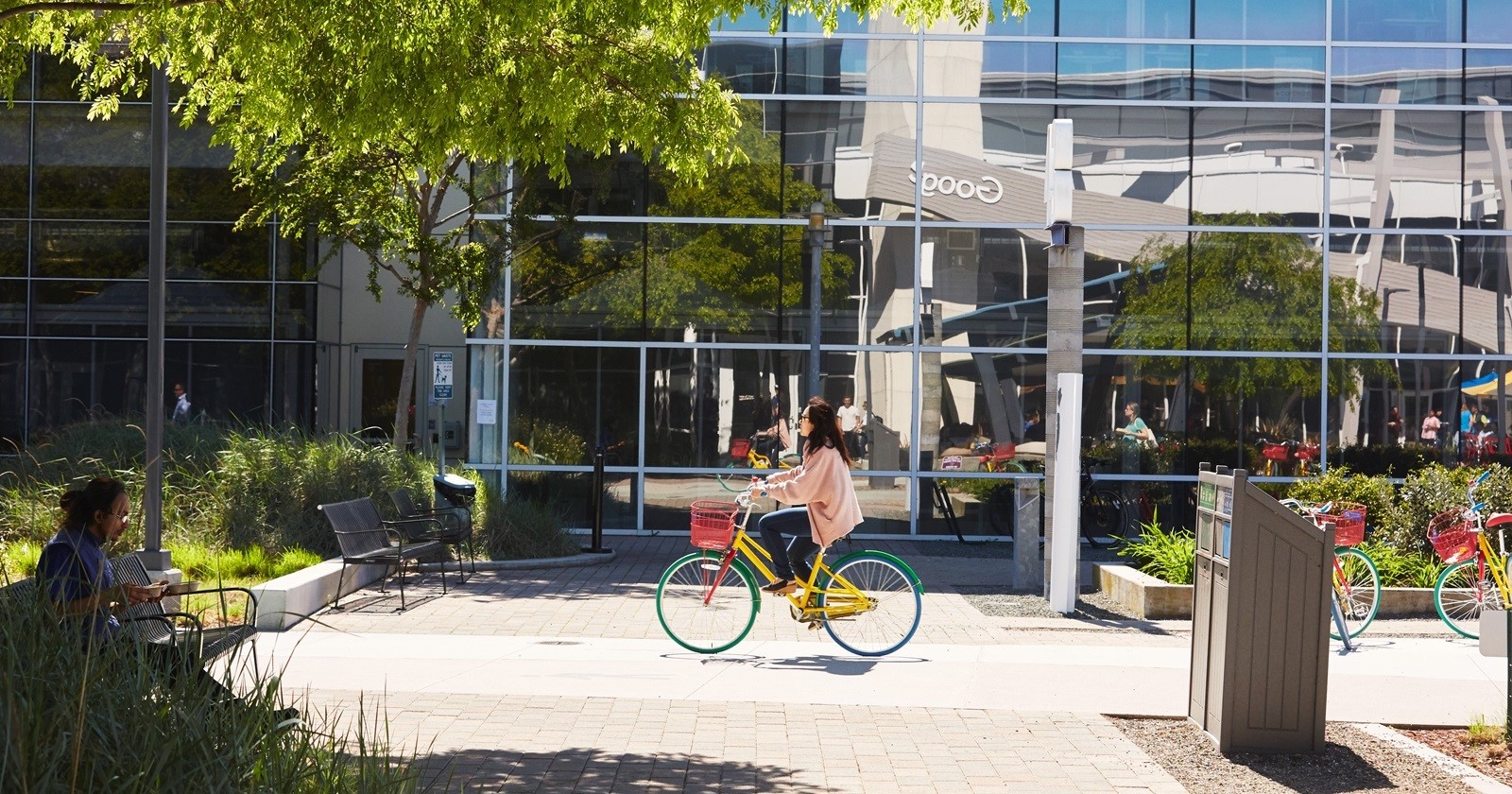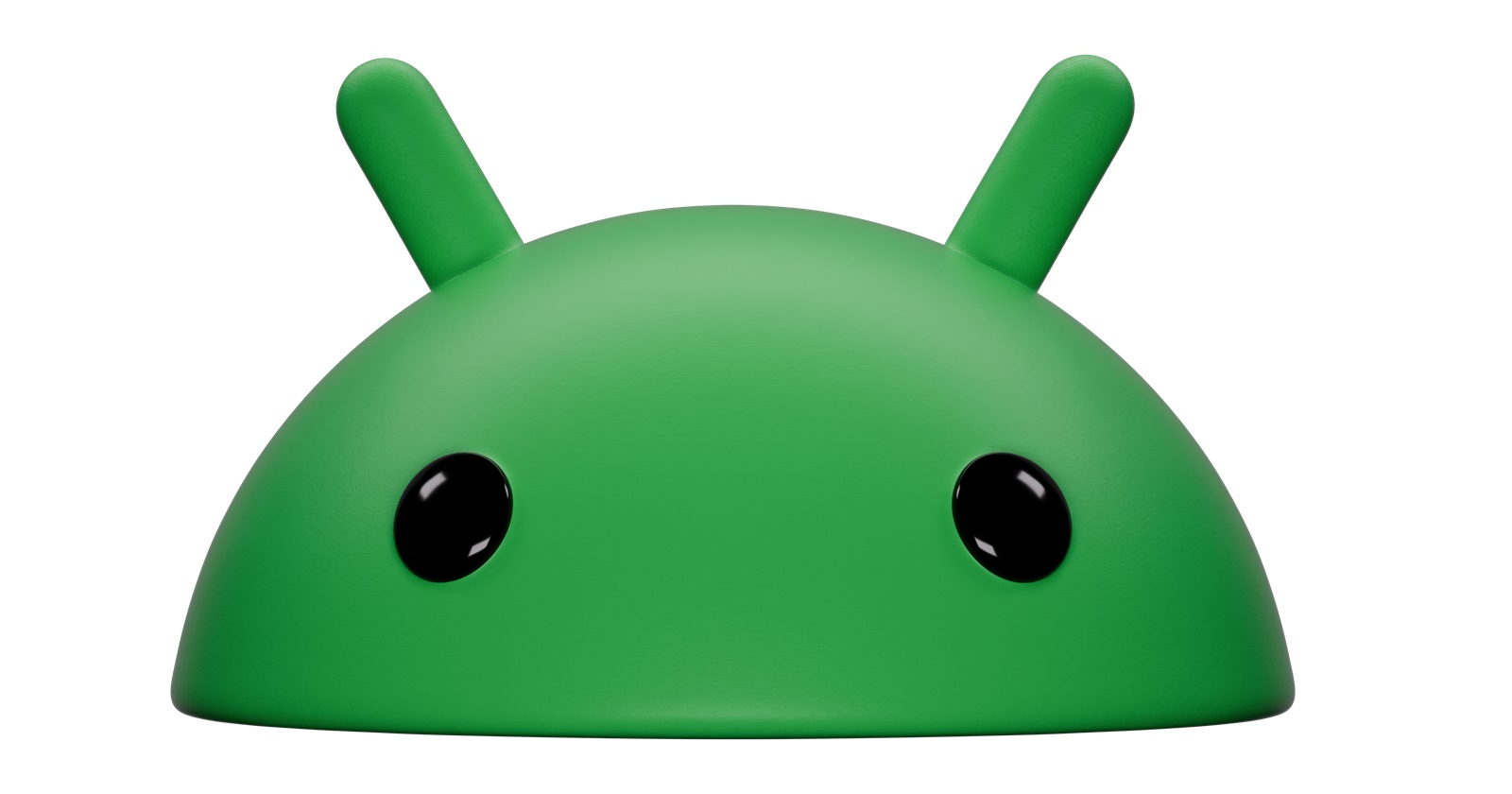Android devices are about to become even more open, thanks to a major settlement Google reached with more than 30 U.S. states over its Play Store practices. The details reveal significant changes coming to how users download and pay for apps, marking a shift in power within Google’s app ecosystem.
In a move to address concerns raised in a class-action lawsuit, Google has publicly disclosed the details of a $700 million settlement reached in September with state attorneys general. The lawsuit, initially filed in 2021, accused the tech giant of maintaining a monopoly over app distribution on Android through its Play Store. The settlement aims to address these allegations and introduces significant changes to promote choice, flexibility, and security within the Android ecosystem.
The official statement from Google emphasizes the company’s commitment to choice and openness on Android and Google Play. Despite disappointment with the recent trial verdict, Google says it’s determined to improve its platforms and continue competing with other operating systems, including addressing the ongoing case with Epic Games. Out of the $700 million, $629 million will be restitution fund for U.S. consumers impacted by Google’s Play Store practices while $70 million will go to states for use as the respective AGs see fit. The remaining $1 million is for settlement administration.
Key changes outlined in the Google Play Store settlement
As part of this settlement, Google has also outlined a number of changes being lined up for the Play Store and Android users in the U.S.

Growing commitment to app store choice
Google commits to expanding the choice of app stores on Android devices. Original Equipment Manufacturers (OEMs) can preload alternative app stores onto devices, providing users with options beyond the Play Store. Google also notes that Android 14 already has features to enhance the functionality of third-party app stores and streamline app updates.
Streamlining sideloading with enhanced security
Acknowledging the importance of sideloading for Android users, Google plans to simplify the process while maintaining a focus on security. The company will update language to better inform users about the potential risks associated with sideloading apps directly from the web. Wilson White, VP of Government Affairs and Public Policy at Google, emphasized the company’s focus on safety efforts and stated, “As part of our settlement, we will be further simplifying the sideloading process and updating the language that informs users about these potential risks of downloading apps directly from the web for the first time.”
Expanding user choice billing
In November 2022, Google initiated a pilot program for its user choice billing in the U.S., allowing developers to employ alternative payment methods for in-app purchases. As part of the settlement, Google will expand this program in the country. Developers will now have the capability to display varying costs for a purchase within the app, depending on the billing method selected by the user.
Expanding open communication on pricing
In addition to Android developers having the freedom to communicate with users outside the app about subscription offers or lower-cost options available on rival app stores or developer websites. The settlement, thanks to user choice billing, will allow developers to display different pricing options within the app during digital purchases.

Other changes Google agreed to as part of the settlement
The Verge’s Sean Hollister has an excellent summary of the 68-page settlement, as shared below:
- For 7 years, Google will “continue to technically enable Android to allow the installation of third-party apps on Mobile Devices through means other than Google Play”
- For 5 years, Google will let developers offer an alternative in-app billing system next to Google Play (aka “User Choice Billing”)
- For 5 years, Google won’t make developers offer their best prices to customers who pick Google Play and Google Play Billing
- For 4 years, Google won’t make developers ship titles on Google Play at the same time as other stores and with feature parity
- For 5 years, Google won’t make companies exclusively put Google Play on a phone or its homescreen
- For 4 years, Google won’t stop OEMs from granting installer rights to preloaded apps
- For 5 years, Google won’t require its “consent” before an OEM preloads a third-party app store
- For 4 years, Google will let third-party app stores update apps without requiring user approval
- For 4 years, Google will let sideloaded app stores use its APIs and “feature splits” to help install apps
- For 5 years, Google will turn its two sideloading “scare screens” into a single user prompt which will read the equivalent of this agreed-upon language: “Your phone currently isn’t configured to install apps from this source. Granting this source permission to install apps could place your phone and data at risk.”
- For 5 years, Google will let User Choice Billing participating developers let their users know about better pricing elsewhere and “complete transactions using the developer’s existing web-based billing solution in an embedded webview within its app.”
- For 6 years, Google will “continue to allow developers to use contact information obtained outside the app or in-app (with User consent) to communicate with Users out-of-app”
- For 6 years, Google will let consumption only apps (e.g. Netflix, which doesn’t let you pay on device) tell users about better prices elsewhere, without linking to an outside website — example: “Available on our website for $9.99”
- For 6 years, Google “shall not prohibit developers from disclosing to Users any service or other fees associated with the Google Play or Google Play’s billing system.”
This announcement comes at a significant juncture, coinciding with Google’s recent loss in an antitrust battle against Epic. Despite the unfavorable verdict, Google intends to appeal and reiterated in today’s blog post that the case is “far from over,” emphasizing that the court decision did not acknowledge the “choice and competition” facilitated by its platforms.
This settlement requires formal court approval before the changes take effect.
Featured image: Google



